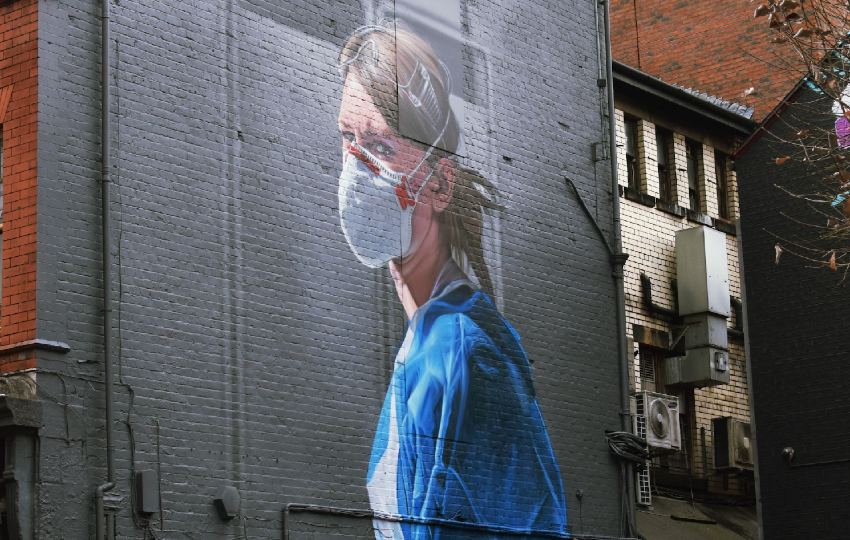The pandemic has significantly impacted the global economy, and Europe was no exception. This economic disruption came on top of the health crisis, eventually leading to increased migration and the region’s absolute need for post-pandemic reconstruction.
Let’s have a look at the migratory challenges during the pandemic and the unique opportunity for post-pandemic reconstruction in Europe.
Migratory Challengers During the Pandemic
Migration in Europe has been a contentious issue for years, and the pandemic only exacerbated the problem. One of the perks of being a European citizen is the free movement of people, goods and services from one EU state to the other. However, during the pandemic, European countries shut their borders to curb the spread of the virus.

As a result, many people trying to find a better life in Europe found themselves stranded on the “wrong side” of the border and unable to move. The subsequent economic downturn caused by the pandemic led to increased poverty and unemployment. This fuelled further the desire to migrate not only to third-country nationals but also to European citizens.
Economic downturns create very unfavourable conditions for migrants and refugees. People always try to find someone to blame when things go south in the economy, and foreigners are among the first to receive the blame. Many locals believe that the lack of jobs is largely due to foreigners stealing them, but that’s far from the truth.
Opportunities for Sustainable Growth and Cooperation in Post-Pandemic Reconstruction
The 2020 pandemic did not only bring challenges, but it also created unique opportunities for the post-pandemic reconstruction of Europe. The EU announced plans to invest in the so-called “green recovery“, focusing on creating jobs and sustainable growth.
The post-pandemic reconstruction in Europe was based on sustainability and digital transformation. This presented an opportunity for countries to rebuild their economies in an environmentally friendly and socially inclusive way. Europe came up with a series of EU initiatives like the Next Generation EU to provide financial support to all member states to recover from the adverse effects of the pandemic.
Furthermore, there was also the potential for increased cooperation between European countries on migration. The pandemic was a much-needed reminder that whatever happens in one country can have a ripple effect throughout the region. Thus, only with cooperation can EU countries deal with decisively the challenges they face and better manage issues like migration by ensuring that the need of both migrants and host communities are met.
Building a Fair and Sustainable Future for Europe
Overall, the pandemic presented challenges and opportunities for migration and European post-pandemic reconstruction. The economic disruption increased poverty and ignited new migratory waves. However, it also created the conditions to focus on sustainable growth and further increase EU cooperation on the issue.
The EU and member countries must work together to address these challenges and ensure a fair and sustainable post-pandemic future for all Europeans. As the world continues to grapple with the impacts of the COVID-19 pandemic, it is essential to keep in mind the interconnectedness of issues such as migration and economic recovery.
Empowering Youth and Society Through Social Entrepreneurship for Post-Pandemic Reconstruction

EYES project is a 24-month initiative involving six EU and southern Mediterranean countries to address youth and societal challenges created during the pandemic. Together with our partners, we want to help in the post-pandemic reconstruction of Europe by equipping NGO and youth workers with tools to promote and educate youth in social entrepreneurship and sustainable growth. The consortium will combine entrepreneurial practices, a youth work approach, and non-formal education to provide useful competencies for building their social enterprise. With EYES’ help, they will analyze the concept of social entrepreneurship, focusing on skills needed for social impact, models for entrepreneurial ideas and different aspects of the social impact connected to the SDGs.
Want to learn more about how you can get involved in Project EYES and positively impact youth and society through social entrepreneurship? Visit our website to learn more about our initiative and how you can get involved.

